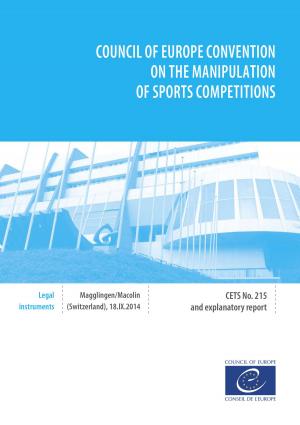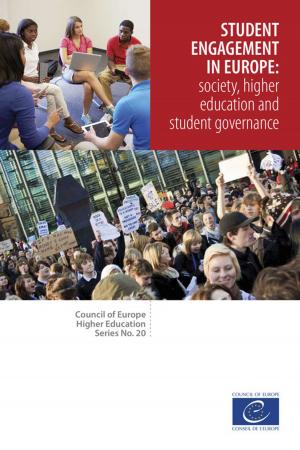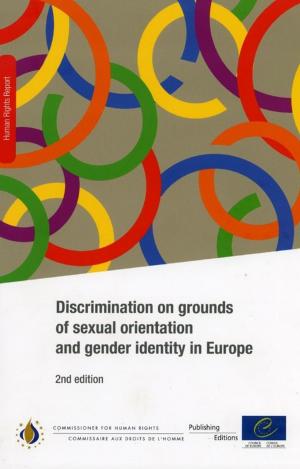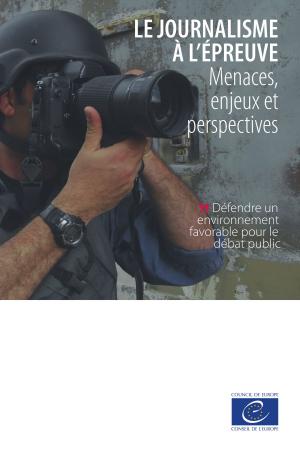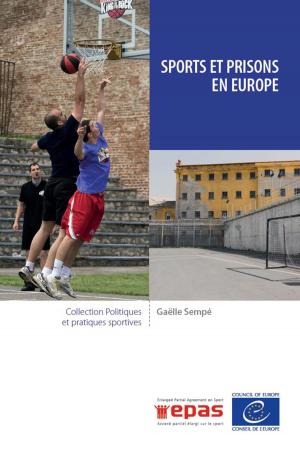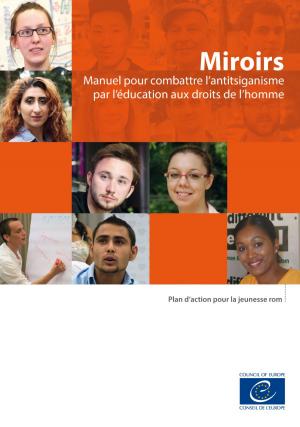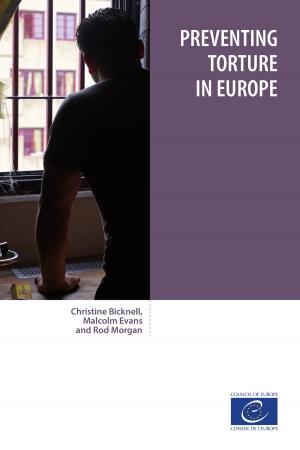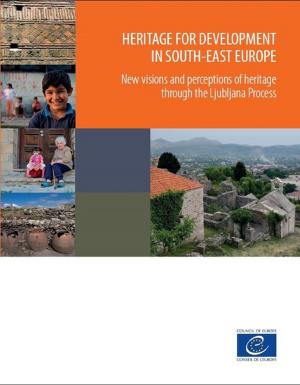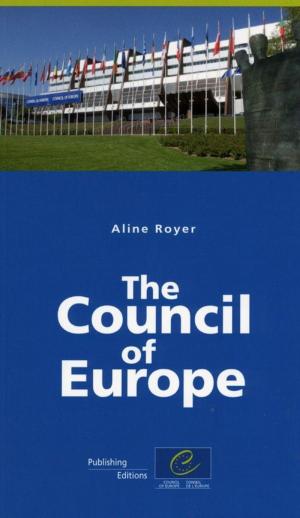The Council of Europe Convention on Preventing and Combating Violence against Women and Domestic Violence - A tool to end female genital mutilation
Nonfiction, Reference & Language, Law| Author: | Collectif | ISBN: | 9789287179746 |
| Publisher: | Conseil de l'Europe | Publication: | January 1, 2015 |
| Imprint: | Conseil de l'Europe | Language: | English |
| Author: | Collectif |
| ISBN: | 9789287179746 |
| Publisher: | Conseil de l'Europe |
| Publication: | January 1, 2015 |
| Imprint: | Conseil de l'Europe |
| Language: | English |
This guide, produced jointly by Amnesty International and the Council of Europe, aims at helping design policies and measures to better address female genital mutilation and to pave the way for change. It is based on the Council of Europe Convention on Preventing and Combating Violence against Women and Domestic Violence (also known as the Istanbul Convention), which entered into force in August 2014.
The Istanbul Convention is the first treaty to recognise that female genital mutilation exists in Europe and that it needs to be systematically addressed (Article 38 of the Convention). It requires states parties to step up preventive measures by addressing affected communities, as well as the general public and relevant professionals. It entails obligations to offer protection and support when women and girls at risk need it most – and makes sure that their needs and their safety always come first.
This guide, produced jointly by Amnesty International and the Council of Europe, aims at helping design policies and measures to better address female genital mutilation and to pave the way for change. It is based on the Council of Europe Convention on Preventing and Combating Violence against Women and Domestic Violence (also known as the Istanbul Convention), which entered into force in August 2014.
The Istanbul Convention is the first treaty to recognise that female genital mutilation exists in Europe and that it needs to be systematically addressed (Article 38 of the Convention). It requires states parties to step up preventive measures by addressing affected communities, as well as the general public and relevant professionals. It entails obligations to offer protection and support when women and girls at risk need it most – and makes sure that their needs and their safety always come first.

